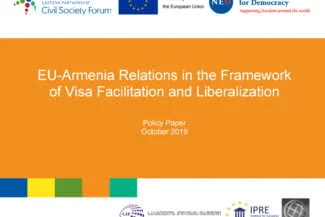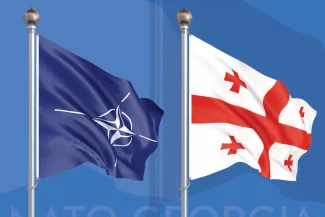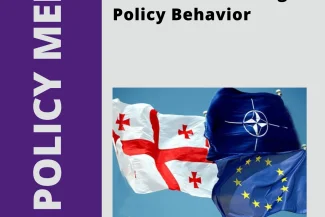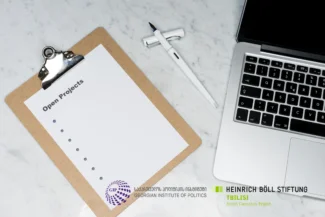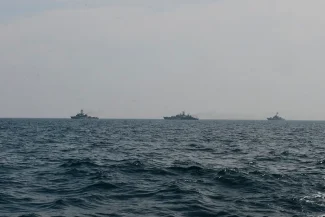21-12-2023
Authors
Dato Dolaberidze, Martina Maslíková
Attaining EU candidate status in December 2023 has created a reality for Georgia in which it is of crucial importance to solidify its strategic bonds with member states, including Slovakia. The acknowledgement of Georgia as a candidate reflects the European Union’s recognition of the country’s commitment to democratic reforms, the rule of law, and regional stability, especially in light of Russia’s ongoing invasion of Ukraine (Georgia – European Commission 2023). Granting candidate status enhances Georgia’s prospects for future accession and opens doors for closer collaboration on political, economic, and security fronts.
Slovakia, having experienced its successful transition from a post-socialist country to EU membership, understands the transformative power of the European integration process. Additionally, forming a new government in Slovakia, a key member state presents a critical juncture for assessing its potential impact on Georgia’s path towards integration. However, Slovakia’s relationship with the EU has recently been marked by tension and disagreement over various issues (Fox et al. 2023), raising concerns about its consistency in advocating for Georgia’s accession. Slovakia’s focus on domestic issues and economic challenges could limit its attention and support for Georgia’s integration efforts. Ultimately, while the new government’s specific policies and priorities remain to be fully defined, the shift in power carries both potential benefits and challenges for Georgia’s EU aspirations.
Policy Memo #71 | February 2024





